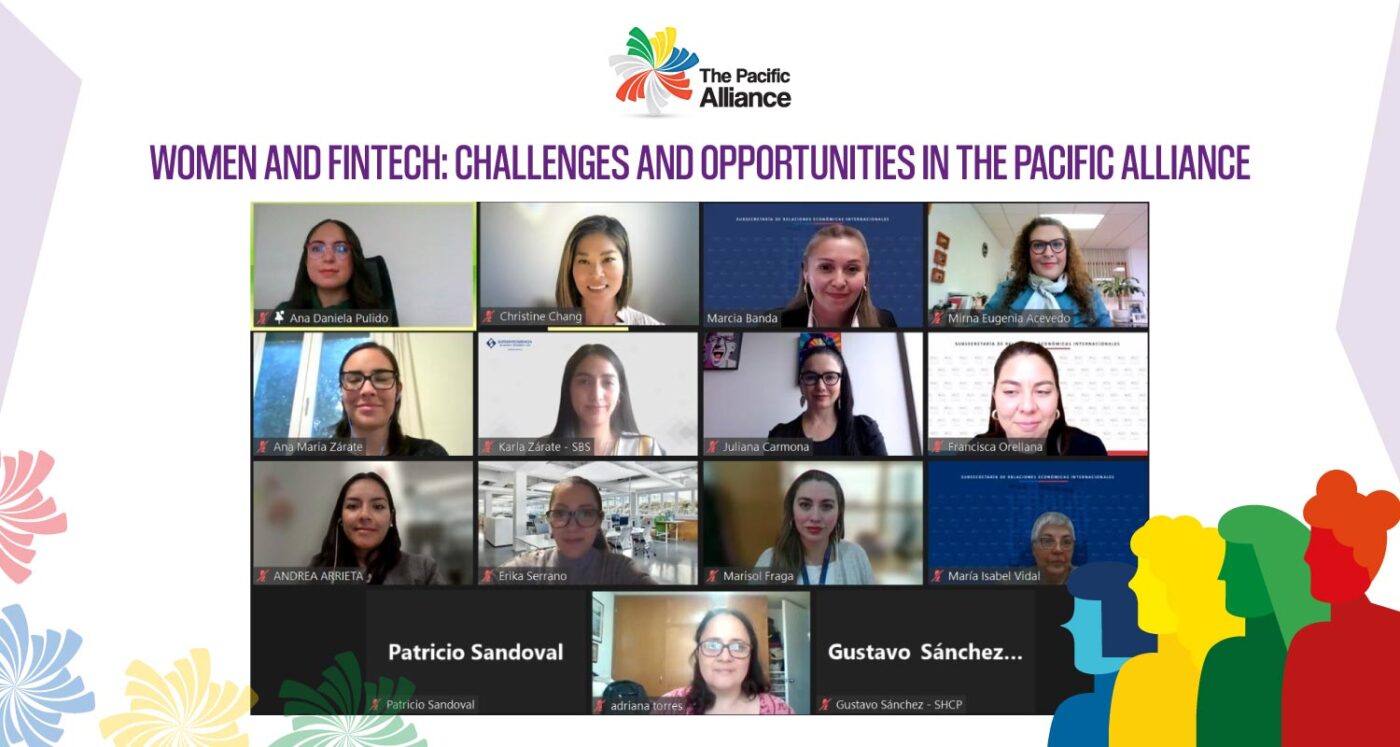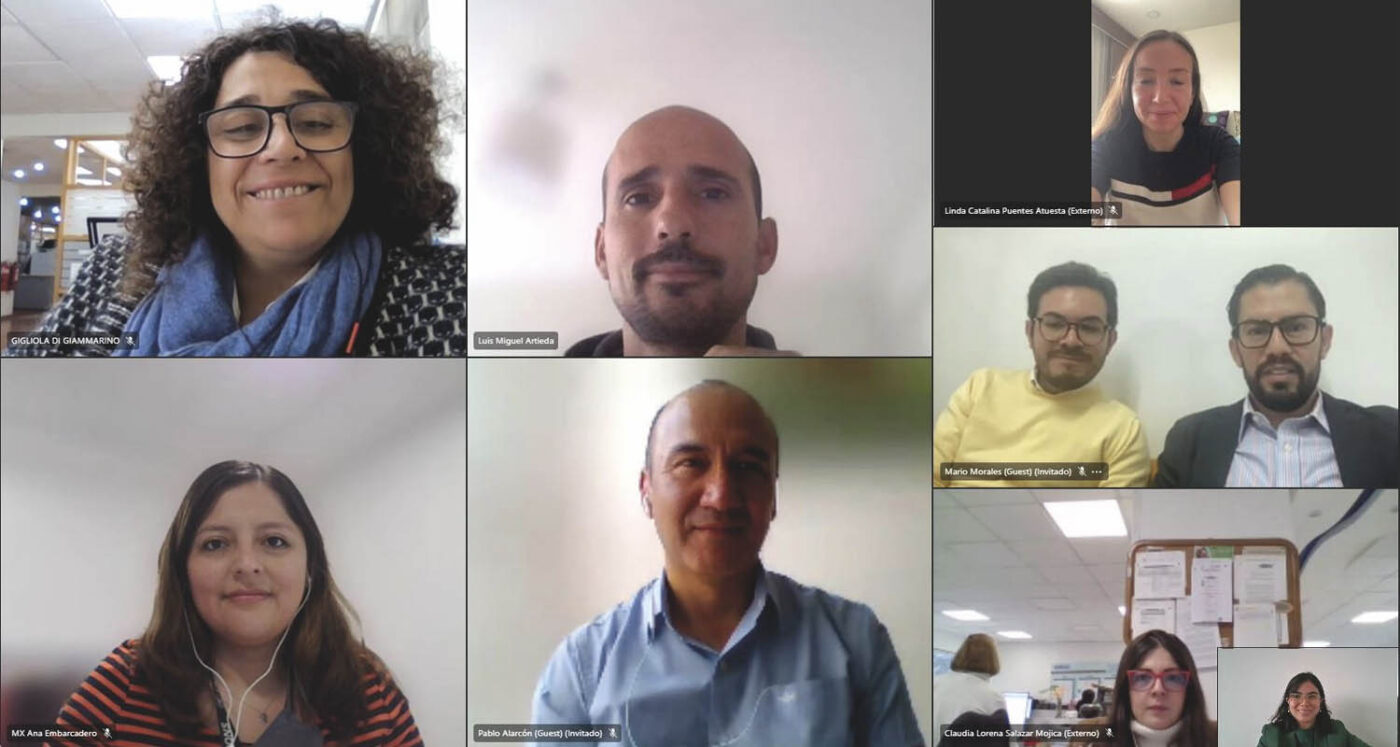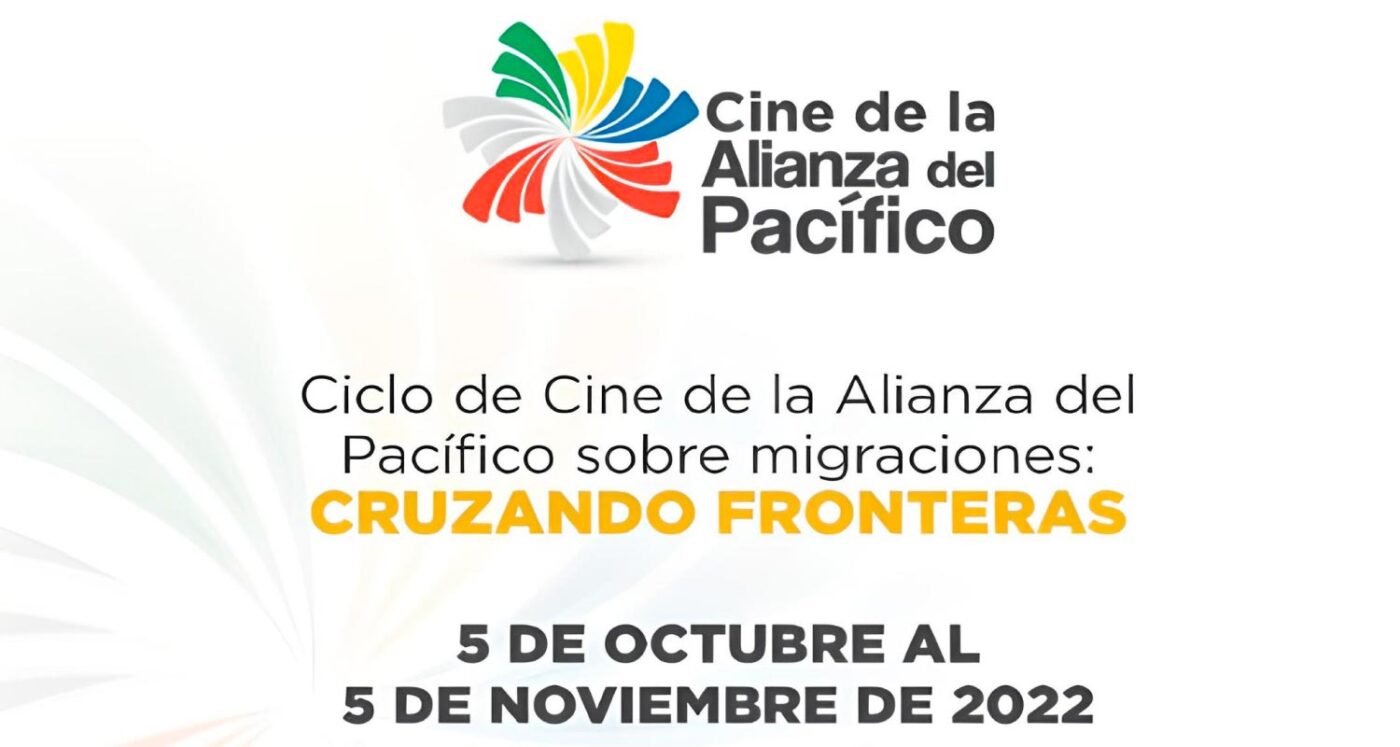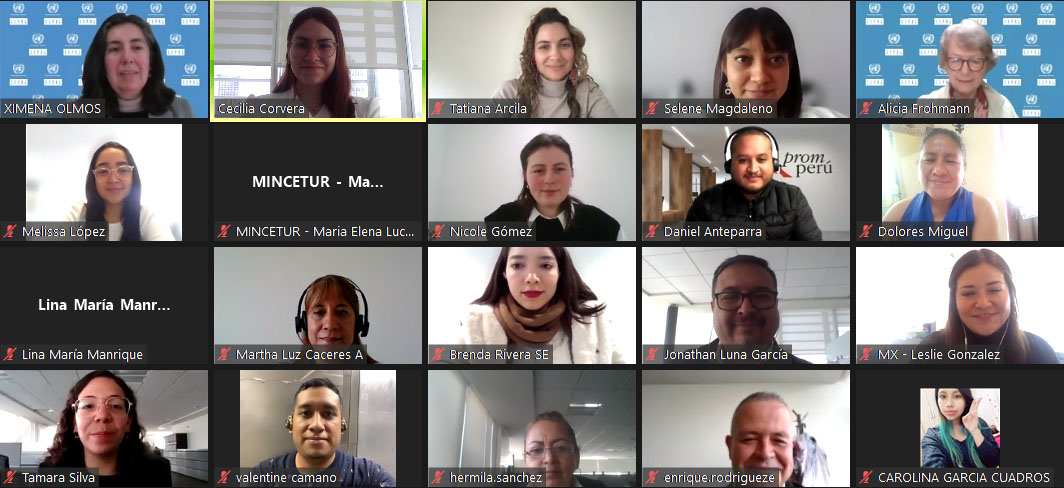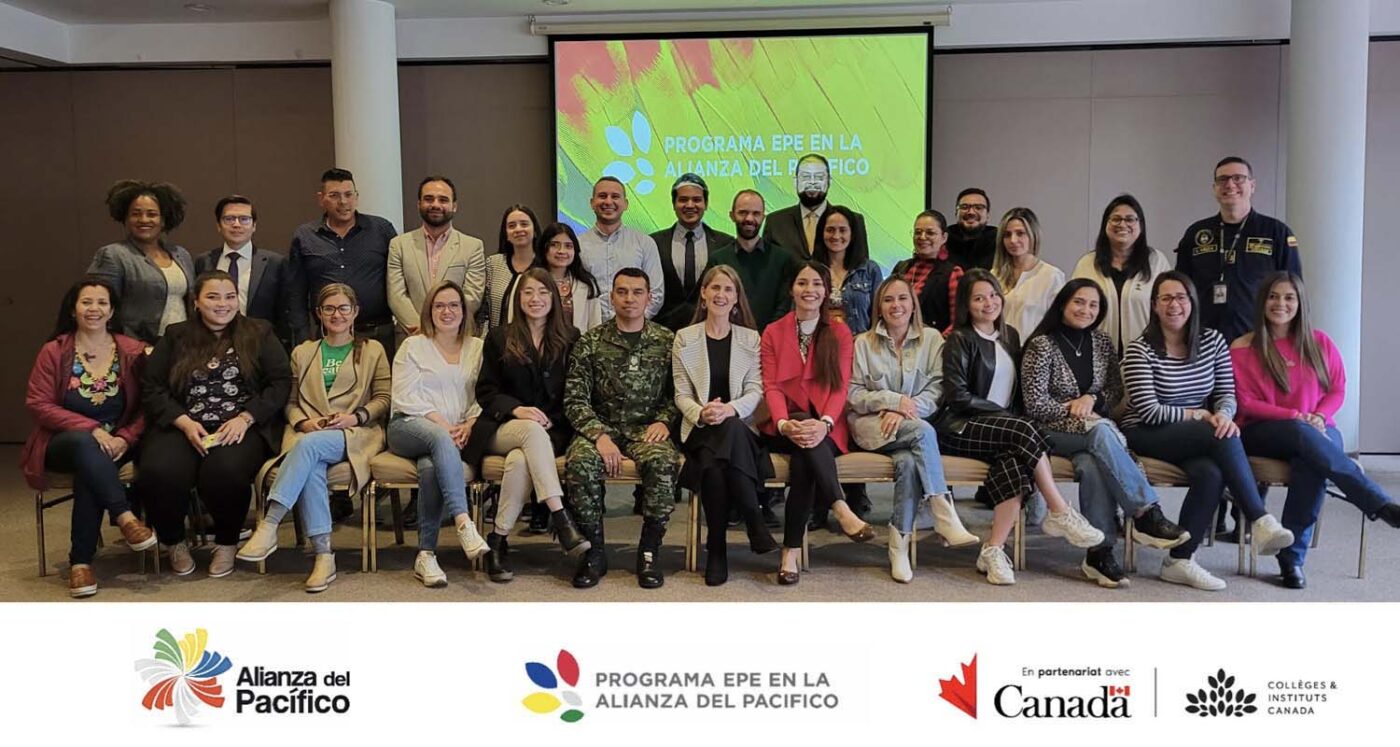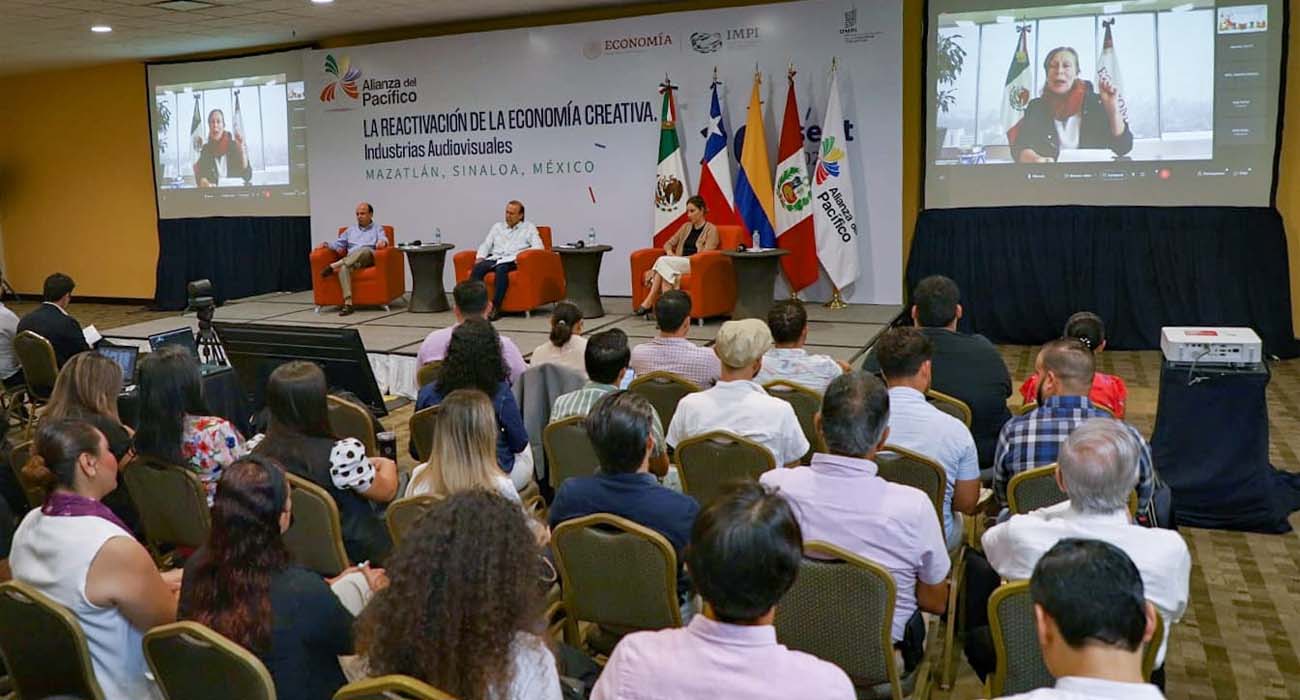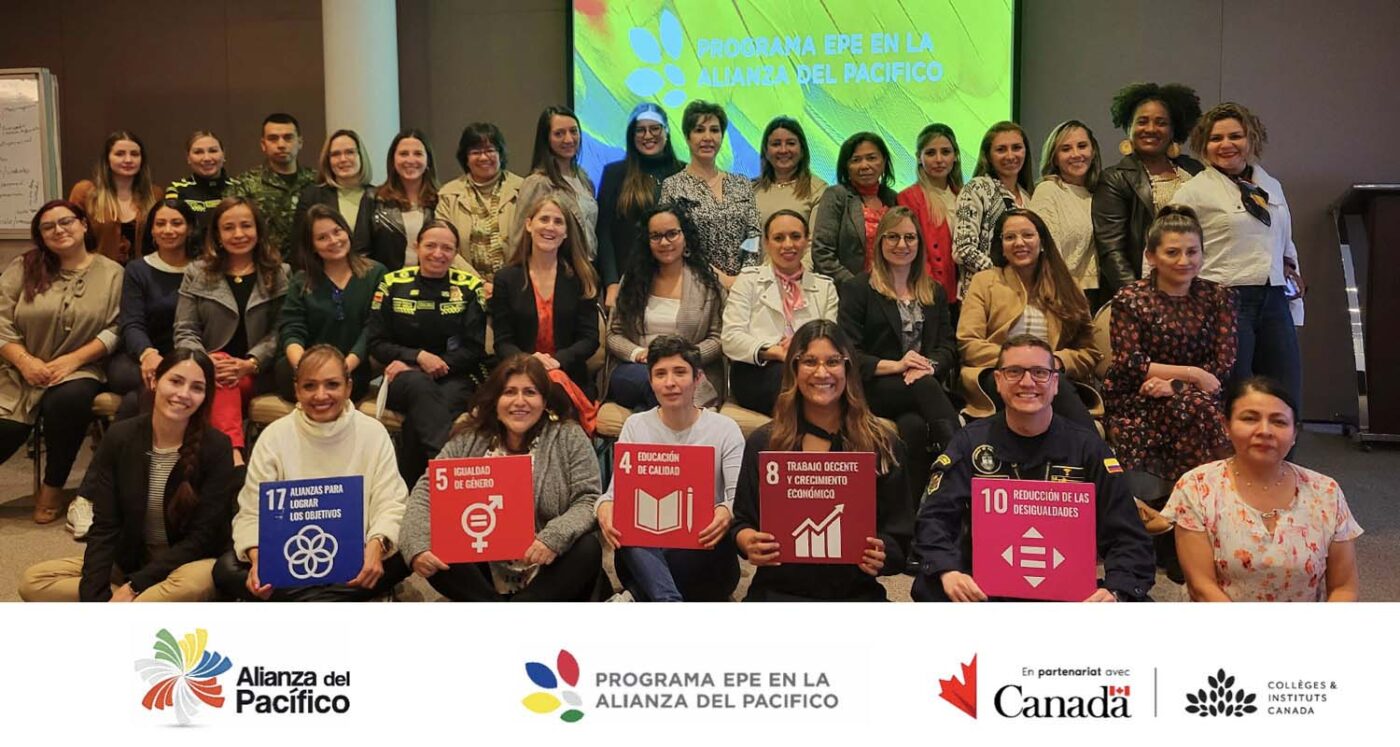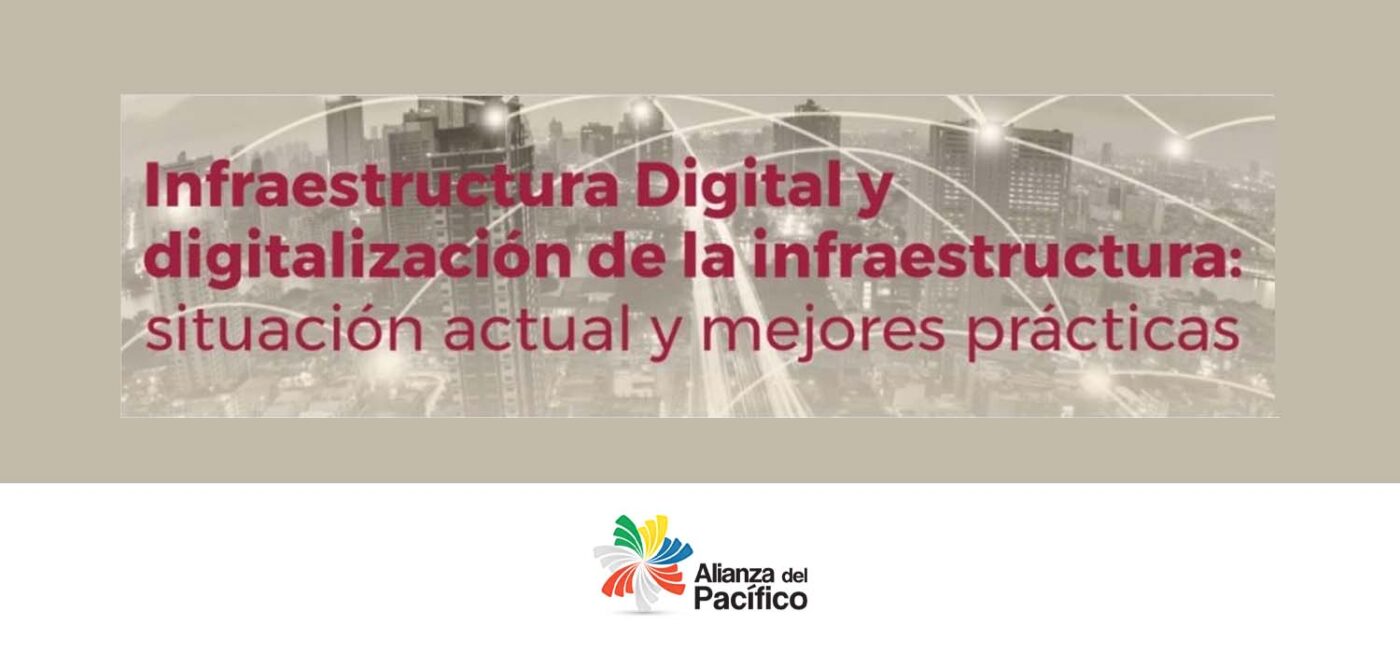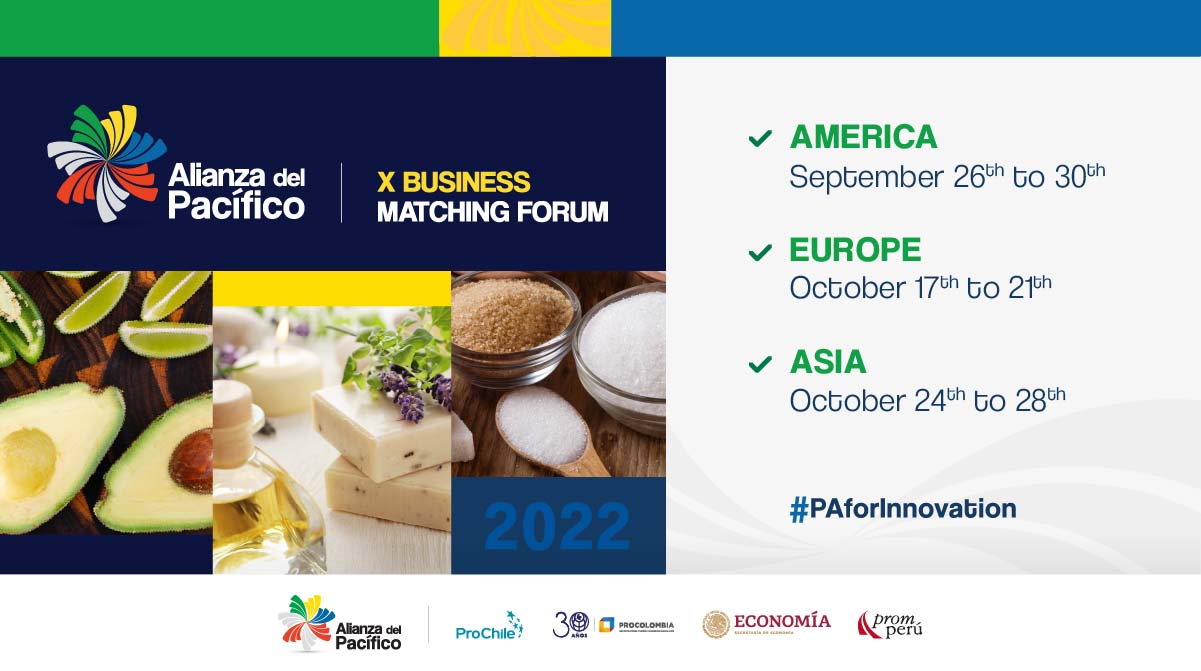October 6th, 2022.- On Thursday, October 6th, the online event “Women and Fintech: Challenges and Opportunities in the Pacific Alliance” was held, organized by the Pacific Alliance Gender Technical Group, with the support of the Council of Finance Ministers of this regional integration mechanism and the Inter-American Development Bank (IDB).
The event had more than 140 participants and was attended by financial authorities from the region, such as the commissioner for the Chile Financial Market Commission, Bernardita Piedrabuena, and Karla Zárate, Financial Inclusion Analyst at the Superintendence of Banking, Insurance and AFP from Peru. On behalf of the private sector of the PA member countries, Patricio Sandoval, Country Manager of Mastercard for Chile and Paraguay, Christine Chang, Vice President of Revenue at Tribal and Editor-in-Chief of Mexico This Week in Fintech and Juliana Carmona, Country Manager DOCK from Colombia.
FinTechs seek to offer new innovative business models based on the use of technology (programs, algorithms, and computer and mobile applications), which allow the improvement and disruption of financial services. The above-mentioned has been enabled through new channels for the use and access to financial services, encouraging competition and promoting financial inclusion, such as digital payments, technological platforms that make possible services such as financing between individuals (peer-to-peer lending), digital strategies, and extensive customer databases that can improve the offer of financial services. FinTech institutions are expected to remove barriers for clients and providers through digitization, and this will lead to more accessible financial services, in light of which it is also relevant to consider gender gaps in these areas.
In terms of progress closing the gender gap within the sector, although FinTechs have made significant progress incorporating women in their leadership positions, compared to other sectors of the financial system, there are still challenges to close the gender gap. As an example of these challenges, according to the IDB in its publication FinTech in Latin America (IDB, 2022), 15% of FinTech entrepreneurships in Latin America are close to equitable gender representation in their work teams, which indicates that there is still a long way to go to close the gender gap in the rest of the institutions.
Thus, the objective of this event was to analyze the participation of women in FinTech in the PA countries, both as consumers, founders, and workers, such as investors in this sector. During the conversation panel, the guests shared their perspectives on the evolution of the FinTech sector, they referred to the opportunities that the sector offers for women and how it would benefit from their participation, moreover sharing experiences and learnings acquired around their jobs in the area of FinTech, as well as government initiatives, challenges faced, support networks and the importance of gender equality in their work.
It is highlighted from the interventions that the inclusion of women in the FinTech sector generates greater benefits for companies, compared to companies that have a lower percentage of women, in addition to the efforts of the public sector to make this industry more inclusive and above all a whole phrase from the Chile Commissioner “let’s break our own barriers to generate our empowerment”.

